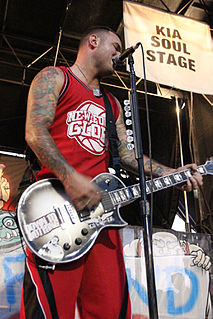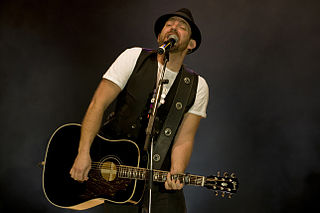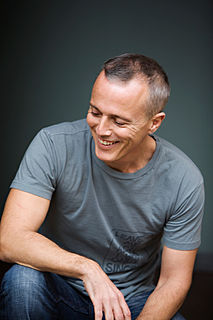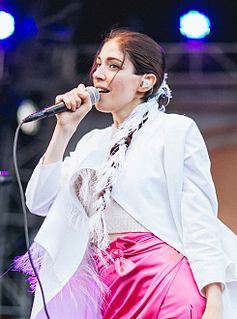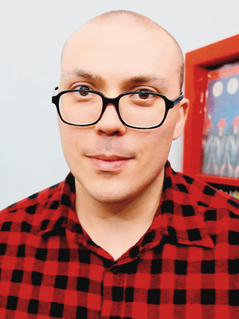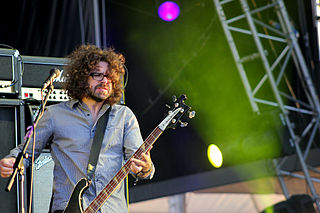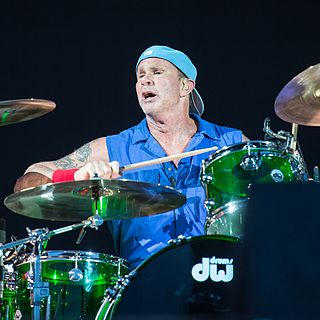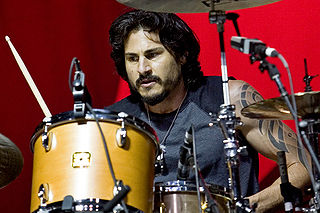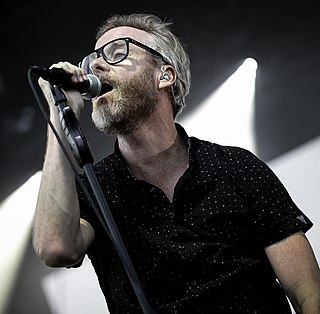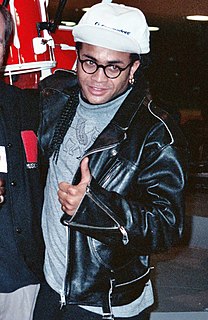A Quote by Michael Azerrad
There's a whole apparatus for indie bands now, but back in the eighties it was just getting built. The early people really took it on the chin.
Related Quotes
Indie music is 'it' now. It's kind of a revolution to the music: 1980s, 1990s music was getting very sanitized; they were complying with the music industry. Music was getting more and more dead in a way. Now, because of the social climate that's very severe, the artists are compelled to start being real. It's really great that indie music is now.
As more people get into indie bands and alternative music, they're also getting more into other genres that fit those categories, like jazz and classical. It's becoming more rebellious to go to a classical concert. You're getting the younger art house crowd and regular students as well as those who are just curious.
I think it’s really important, and it’s a lesson I didn’t learn until my late teens: Whatever bands that you love, go find out what bands they love, and what bands turned them on, and then you really start getting into the human aspect of it because the further back you go in time the less technology you had, and consequently the better records you had. There’s this incredible library of music thank god.


